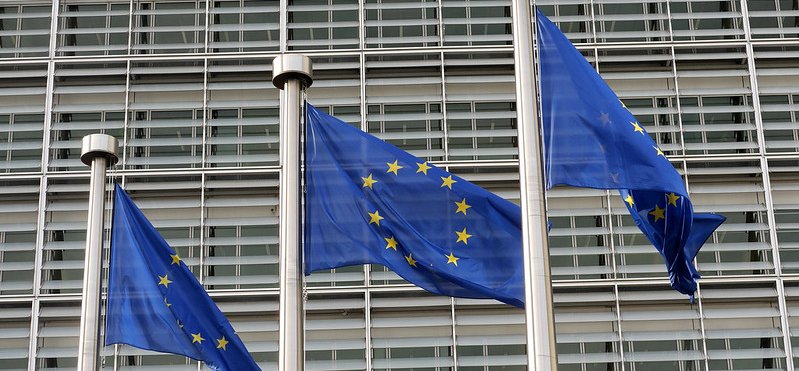Public consultation flaws risk undermining Digital Fairness Act debate
The European Commission faces criticism for limiting dissenting voices in its consultation on the Digital Fairness Act, prompting calls for greater neutrality in policymaking.

As the European Commission’s public consultation on the Digital Fairness Act enters its final phase, growing criticism points to flaws in how citizen feedback is collected.
Critics say the survey’s structure favours those who support additional regulation while restricting opportunities for dissenting voices to explain their reasoning. The issue raises concerns over how such results may influence the forthcoming impact assessment.
The Call for Evidence and Public Consultation, hosted on the Have Your Say portal, allows only supporters of the Commission’s initiative to provide detailed responses. Those who oppose new regulation are reportedly limited to choosing a single option with no open field for justification.
Such an approach risks producing a partial view of European opinion rather than a balanced reflection of stakeholders’ perspectives.
Experts argue that this design contradicts the EU’s Better Regulation principles, which emphasise inclusivity and objectivity.
They urge the Commission to raise its methodological standards, ensuring surveys are neutral, questions are not loaded, and all respondents can present argument-based reasoning. Without these safeguards, consultations may become instruments of validation instead of genuine democratic participation.
Advocates for reform believe the Commission’s influence could set a positive precedent for the entire policy ecosystem. By promoting fairer consultation practices, the EU could encourage both public and private bodies to engage more transparently with Europe’s diverse digital community.
Would you like to learn more about AI, tech and digital diplomacy? If so, ask our Diplo chatbot!
